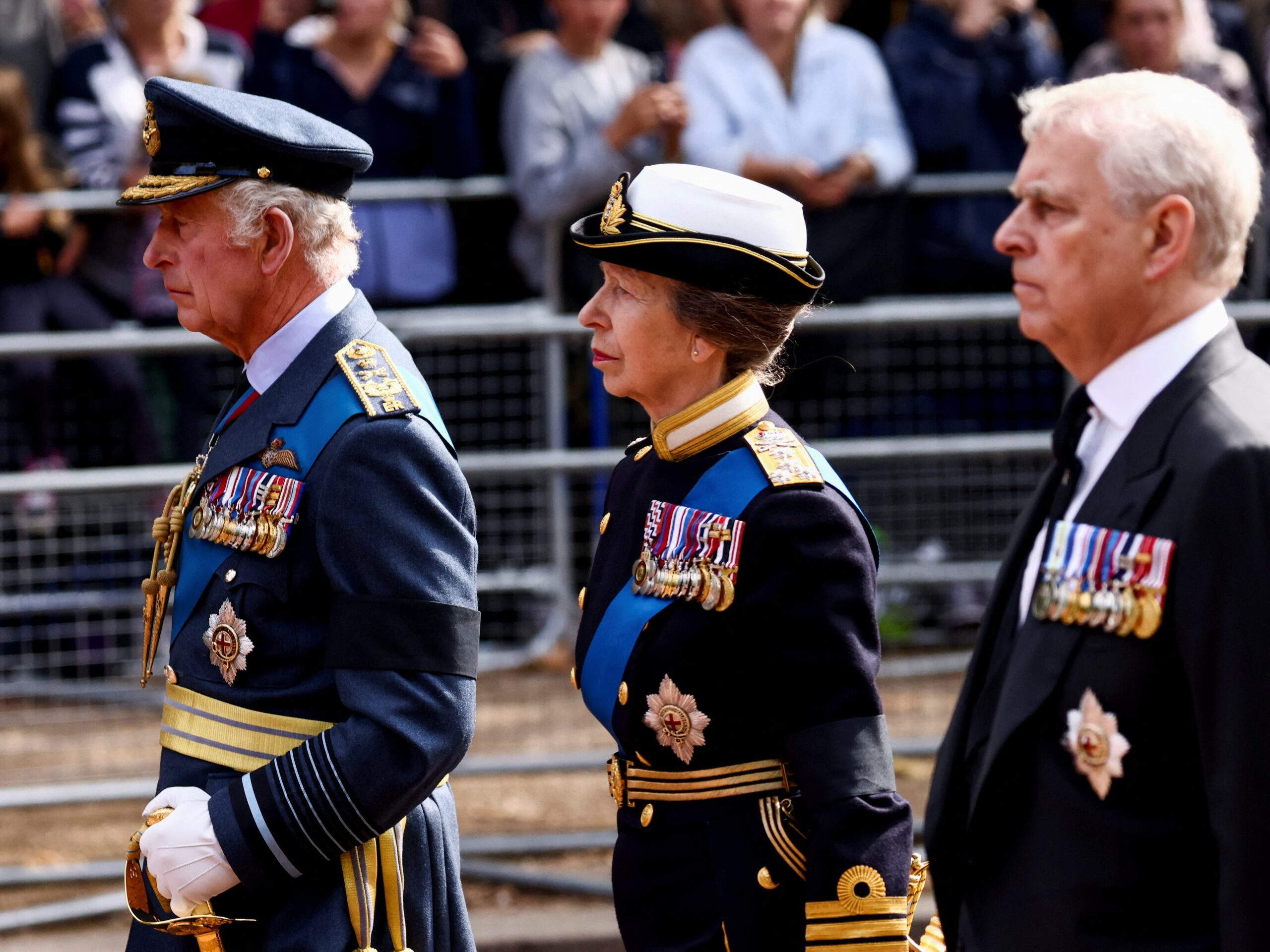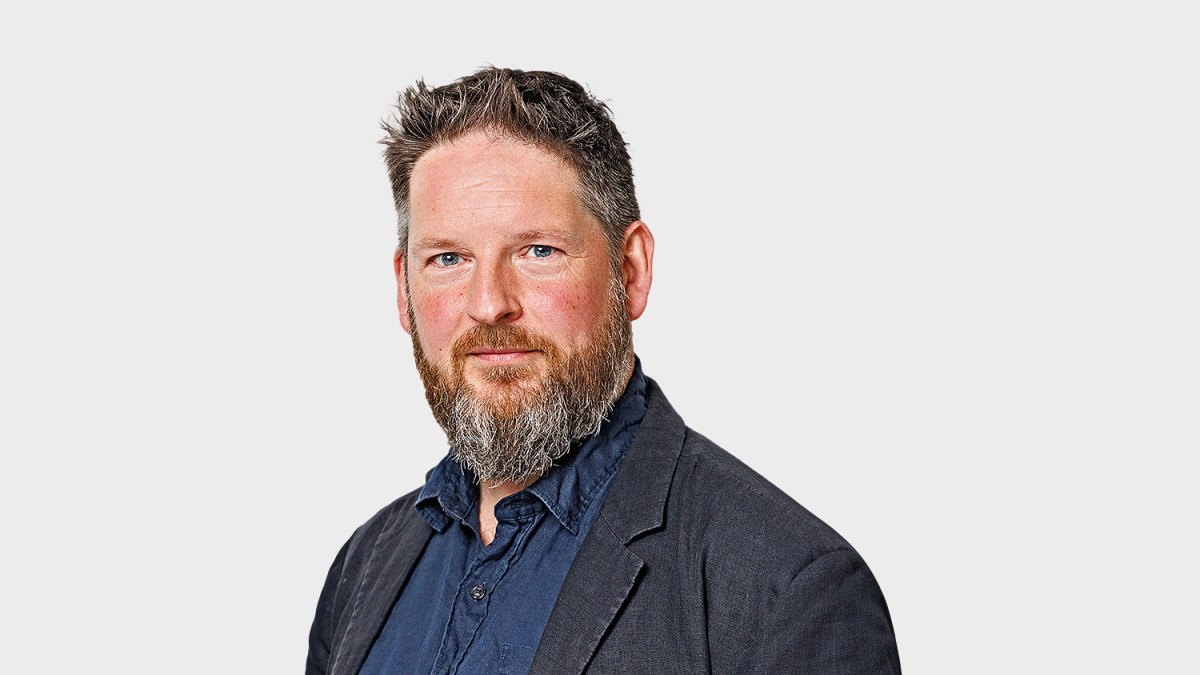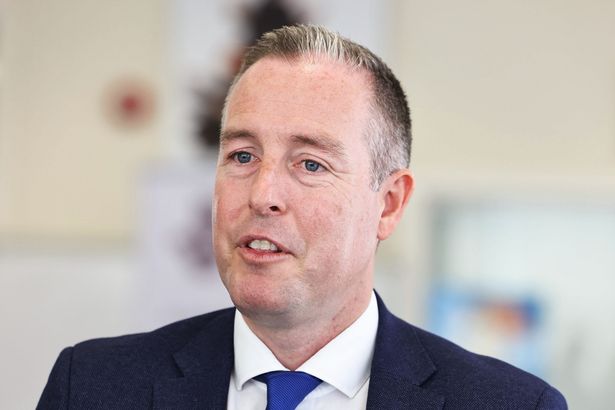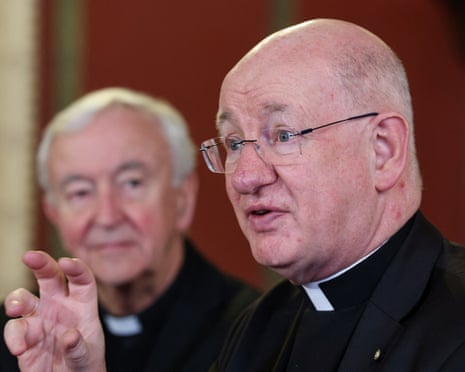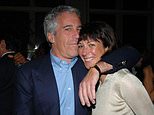Claims have emerged indicating that Prince Andrew Mountbatten Windsor routinely declined to endorse statements supporting survivors of abuse. This assertion has been made by a friend of the Duke of York, raising questions regarding his stance on issues related to accountability and support for victims.
The allegations suggest that over a significant period, Andrew refused to sign off on statements aimed at publicly supporting those who have suffered abuse. The friend, who remains unnamed, provided insights into Andrew’s attitude, suggesting a lack of willingness to engage with survivors’ needs and perspectives.
In recent years, the royal family has faced increased scrutiny regarding their handling of sensitive issues, particularly those involving abuse. Andrew’s refusal to publicly support survivors, if confirmed, could further complicate the royal family’s efforts to distance themselves from allegations of complicity in abuse-related matters.
Many advocates for abuse survivors have voiced concerns over the royal family’s approach to these serious issues. They argue that public support from high-profile individuals like Andrew is crucial in helping to validate the experiences of survivors and encourage others to come forward.
In light of these claims, it remains to be seen how Buckingham Palace will respond. The royal family has historically been protective of its members, often choosing to remain silent on allegations that could tarnish their public image. This situation presents a delicate challenge for the institution, balancing the need for transparency with the desire to maintain its reputation.
The allegations come amid broader discussions about the accountability of public figures in addressing past abuses. Survivors and their advocates are increasingly demanding that those in power acknowledge their responsibilities and support initiatives aimed at healing and justice.
As investigations into Andrew’s past conduct continue, the implications of these claims may extend beyond personal accountability. They could potentially affect the royal family’s public standing and its relationship with institutions advocating for abuse survivors.
In a world where accountability is increasingly demanded from influential figures, the actions of Prince Andrew could resonate beyond royal circles, impacting public perceptions of the monarchy itself.
While the claims made by Andrew’s friend have yet to be substantiated through formal channels, they highlight a growing urgency within society to address abuse and provide support to those who have suffered. The royal family will need to navigate these allegations carefully as they seek to maintain their relevance in a changing cultural landscape.
As the story develops, further insights from credible sources and potential responses from Buckingham Palace will be critical in shaping the narrative surrounding Prince Andrew and his involvement in supporting survivors of abuse.

